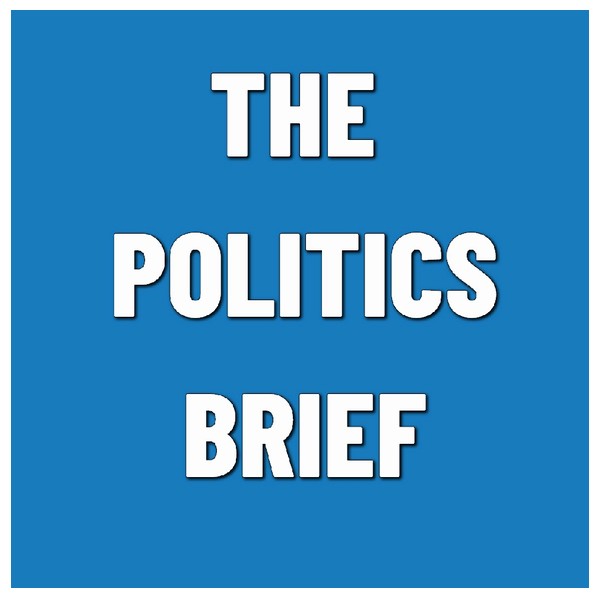Billionaire entrepreneur Elon Musk petitioned the United States Supreme Court on Thursday to examine the possibility that the SEC exceeded its jurisdiction in imposing a consent decree that Musk has referred to as a “muzzle” on his constitutionally protected right to free speech.
The decree originated from Musk’s August 2018 post on the social media platform X, which is now known as Twitter, in which he claimed to have “funding secured” to take his electric car company Tesla (TSLA.O) private. In May, a lower court upheld the decree, and Musk asked the justices to hear his appeal.
After reviewing Musk’s case, a three-judge panel from the 2nd U.S. Circuit of Appeals in Manhattan found no evidence that the SEC had utilized the decree to harass him on Twitter in relation to the accusations of investor fraud. Last year, Musk rebranded the social networking platform to X after purchasing it.
A consent decree was a component of a settlement with the SEC that included a $20 million fine for Tesla and Musk, the cessation of Musk’s position as chairman of Tesla, and the agreement that he would allow a lawyer representing Tesla to pre-approve certain tweets.
A panel of three judges ruled that Musk could not re-evaluate the screening of his Twitter messages due to his having “changed his mind.” Musk asked the 2nd Circuit to rehear the case in July, but they turned him down.
According to Musk’s legal team, the SEC’s “gag rule” was an unconstitutional limitation on free expression that the agency lacked the authority to impose as a settlement condition.
Meanwhile, the 5th U.S. Circuit Court of Appeals in New Orleans has consented to reevaluate its March ruling that Musk broke federal labor laws when he tweeted in May 2018 that Tesla workers would lose their stock options if they organized a union. In January, the case is scheduled to be heard by the 5th Circuit.
Elon Musk’s social media platform X has come under attack by corporations due to its relatively free speech standards implemented after he took over Twitter.
The following tech and media companies, as well as a governmental body, have recently suspended their advertising on X: IBM, Apple, Disney, Comcast, Lionsgate, Paramount, Warner Bros, NBC Universal, Walmart, and the European Commission.
NOW READ:
Elon Musk Plans to Launch ‘Thermonuclear Lawsuit’ Over ‘Fraudulent Attack’ on X







